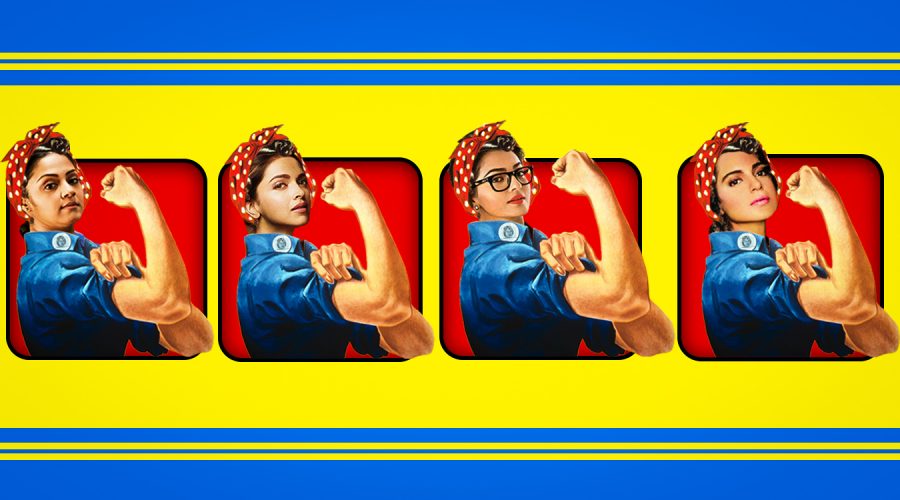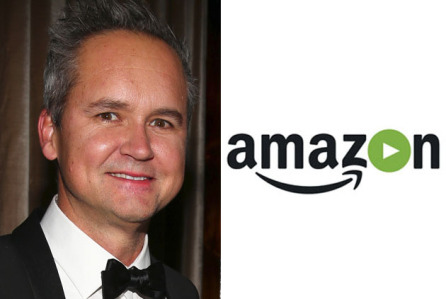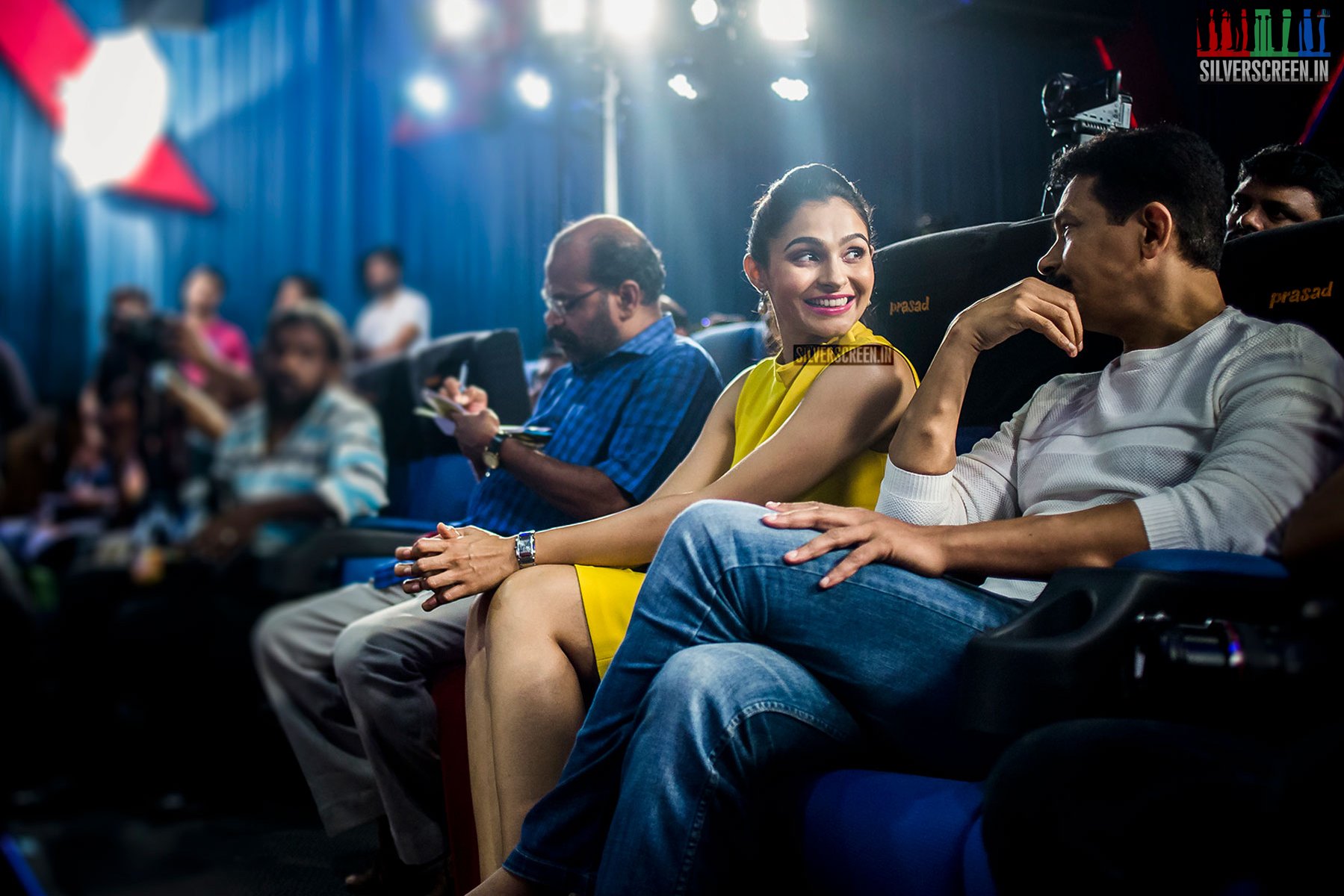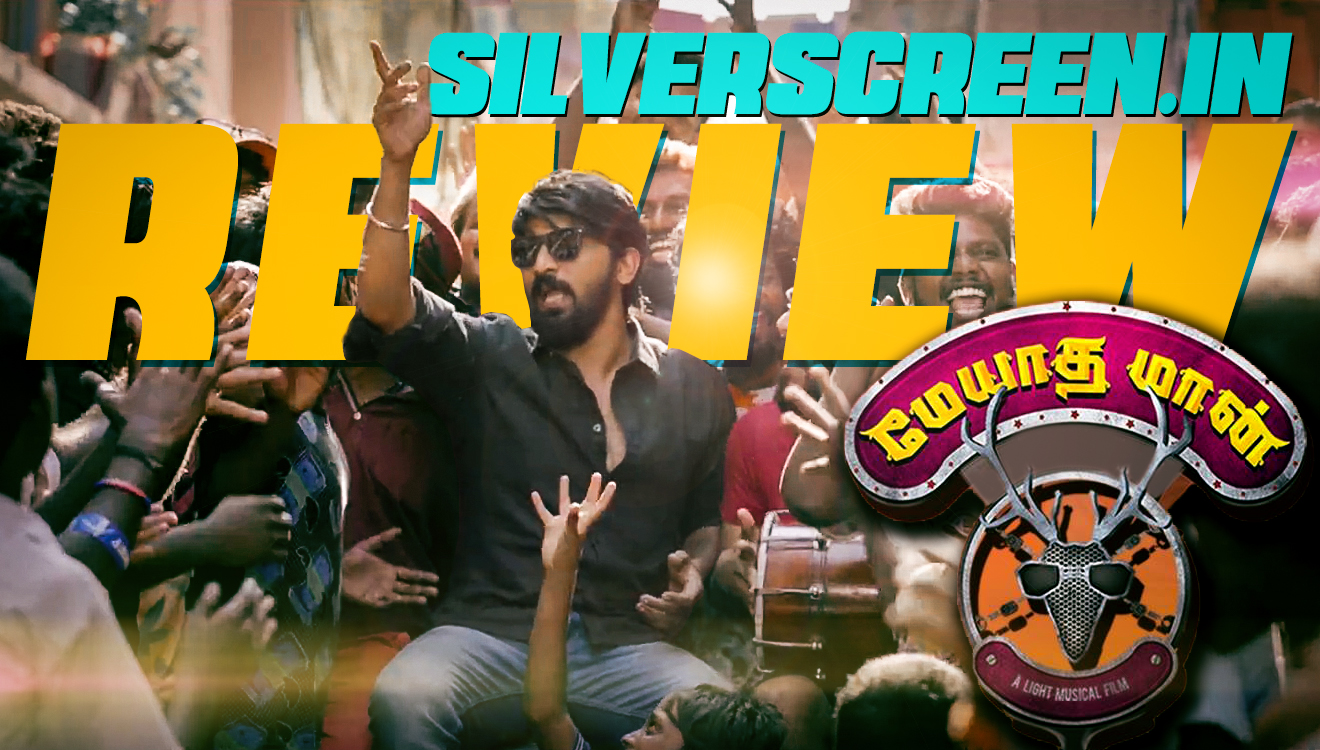By now, many ‘best of 2017’ listicles have populated the Internet. But, a question remains – how do we define the year, really? According to Facebook, three events:
‘International Women’s Day’, ‘Super Bowl 51,’ and ‘Las Vegas Violence’ were the most discussed moments globally. Whether it was the Rohingya crisis, the Triple Talaq verdict, or the birth of a new Taylor Swift with her album Reputation, identity played a big part in shaping the year; and the discourse would not be complete without reflecting on the opinions and politics that played around gender rights.
The genesis of #MeToo campaign was due to the Harvey Weinstein scandal, but the feminist movement had entered mainstream discussion when Donald Trump became the President of the US. The ugly truth about institutionalised sexual harassment came out in the open only when rich, powerful White women chose to speak out, but let’s not quibble about that.
As wave after wave of stories flooded social media as a result of the #MeToo campaign, most women were empathetic but not surprised; it was the men who were shocked to see the enormity of these revelations and how women have been carrying it with them.
Not letting “guy talk” be a thing, especially when it’s derogatory to women. People shouldn’t be scared to live their lives #HowIWillChange
— Nathaniel Prince (@xanthan18) October 18, 2017
#HowIWillChange Learning more about women’s issues instead of expecting them to explain to me how they are impacted https://t.co/CtbgJQsY5b
— Alex Druce (@AlexDruuuce) October 16, 2017
A mere tweet and a hashtag sure indicate participation, but will change nothing. The Harvey Weinstein shaped avalanche that hit Hollywood opened the floodgates. More power magnets were accused of sexual misconduct and some led to high-profile resignations. Some of the best known names of the entertainment industry confessed to inappropriate behaviour – Louis CK, Dustin Hoffman, Kevin Spacey, Ben Affleck… according to Vox, 105 power magnets have been accused of sexual harassment ever since Bill O’Reilly was fired from Fox News.
Not just the nature of misconduct, the language of the carefully-crafted apologies and excuses were infuriating. For example, words like ‘sorry’, ‘apologise’ were missing from Louis CK’s statement, as if he wanted a pat on the back for the mere acknowledgement.
“These stories are true. At the time, I said to myself that what I did was okay because I never showed a woman my dick without asking first, which is also true. But what I learned later in life, too late, is that when you have power over another person, asking them to look at your dick isn’t a question. It’s a predicament for them. The power I had over these women is that they admired me. And I wielded that power irresponsibly.”
Kevin Spacey turned his apology into his coming-out-as-gay moment.
— Kevin Spacey (@KevinSpacey) October 30, 2017
And then, there were incidents like this:
An exchange between Dustin Hoffman and John Oliver revealed how little these men understand boundaries and consent. When confronted with the sexual harassment allegations against him, Hoffman said, “It is not reflective of who I am.” When Oliver persisted, the whole exchange went downhill from there, with the Academy Award winner babbling “you weren’t there” to even saying, “well, there’s a point in her not bringing this up for 40 years.”
Matt Damon, who once played a victim of child abuse in the award-winning film Good Will Hunting, thought he was making sense when he said:
“As the father of four daughters, this is the kind of sexual predation that keeps me up at night… We have to be vigilant and we have to help protect and call this stuff out, because we have our sisters and our daughters and our mothers.”
#NotAllMen became #Damonsplaining with this statement:
“We’re going to have to figure — you know, there’s a difference between, you know, patting someone on the butt and rape or child molestation, right?”
No doubt that the Harvey Weinstein scandal was a watershed moment. There was an admission that workplace harassment has become so normal in the power corridors that it has become almost impossible for women to come forward and seek retribution. It also revealed that the so called “woke” men, brocialists or the enlightened sexists have sort of crystalised the proverbial glass ceiling. These men might be able to talk about Simone De Beauvoir, Gloria Steinem, Rebecca Solnit, but will feign ignorance about wage gap and male privilege. Women may have come forward to narrate their experiences – and more power to them – but the dialogue has to move on to accountability and behavioral correction.
The #MeToo movement so far has become a tool for privileged women as this report in the Bustle points out: “While the “Me Too” campaign has been a powerful demonstration of the systemic nature of sexual violence, most of the stories have focused on non-disabled, white, and straight cis women.”
In a country like India where terms like eve-teasing have been coined to normalise issues like harassment and molestation, a film like Golmaal Again is the highest grosser, feminist films are banned for being “lady oriented”, and homosexuality is still a crime but marital rape isn’t, a social media campaign is nothing but a storm in a teacup. In terms of gender rights in Indian cinema, there were a few highs and many many lows.
Feminism still elicits images of bra burning and mustachioed women who indulge in male bashing; many celebrities prefer to be called humanists (whatever that means) and not feminists. There were some really witless comments made this year:
When Tisca Chopra got confused about consent:
A tentative ‘no’, a polite ‘no’, a ‘no’ that means ‘maybe’ and worst of a ‘no’ that means ‘yes.. just push me more and I will relent’..? https://t.co/7mm4FZUBeT
— Tisca Chopra (@tiscatime) October 18, 2017
When Kirron Kher reminded what victim-blaming means:
To a gang-rape survivor, she said, “When you see there are already three men sitting in an auto, you should not be getting inside it.”
When Hrithik Roshan mansplained:
Feminism is inclusive.It includes men by way of not demanding but commanding equality.Its about recognition of an individuals worth regardless of gender. based on merit. In that sense feminism is a fight for Humanity. & so not a word to scare from #humanrightsday#GenderEquality
— Hrithik Roshan (@iHrithik) December 10, 2017
The fight over Padmavati’s honour reached an asinine level when fringe groups threatened to teach Deepika Padukone a lesson by giving her a Surpanakha-like treatment. Actresses were trolled, slut-shamed, body shamed, threatened, chastised for speaking their mind or even swearing on screen. Malayalam actor Dileep, accused in a sexual harassment and abduction of an actress case, was given a hero’s welcome after his release from jail. Testosterone-laden films like Arjun Reddy continued to be celebrated as path-breaking cinema, rape revenge dramas like Kaabil, Bhoomi were categorised under women empowerment movies. Male stars sat on a pedestal while actresses were treated as props and were offered one dimensional characters.
Recommended
Most mainstream actresses maintained a stoic silence when #MeToo movement was launched and expressed only in third person. Perhaps, Richa Chadha spelled it out for everyone:
“I don’t see that happening immediately given the culture of naming and shaming in our country. But when it happens, as it is happening in Hollywood right now, the entire power structure will change.”
There were a few wins as well. Films like Lipstick Under My Burkha, Aruvi, Anaarkali of Aarah were championed for having strong women protagonists. Ratna Pathak Shah’s portrayal of Usha Parma (Lipstick Under My Burkha), who was finally giving expression to her repressed sexual desires, was nothing short of brilliant.
Actresses like Kalki Koechlin, Sonam Kapoor, Deepika Padukone spoke about the yawning pay gap. Malayalam actress Parvathy went completely rogue and called out the misogyny in Mammootty’s Kasaba; she even fearlessly handled the vicious trolls.
To all the circus muthalimaar!!! #feminichispeaking pic.twitter.com/sTVtz6rldE
— Parvathy T K (@parvatweets) December 18, 2017
Whether cinema, politics or sports, narrative around women must change in a way that the future generations of women don’t have to put up #MeToo posts on Facebook. The rage that was expressed this year needs to be channeled into course correction, and it has to begin at the reportage level.
After all, the kind pop-culture we consume makes us who we are.
As Chimamanda Ngozi Adichie said:
“Culture does not make people. People make culture. If it is true that the full humanity of women is not our culture, then we can and must make it our culture.”
Read Silverscreen’s series on sexism in Indian cinema here.
*****



